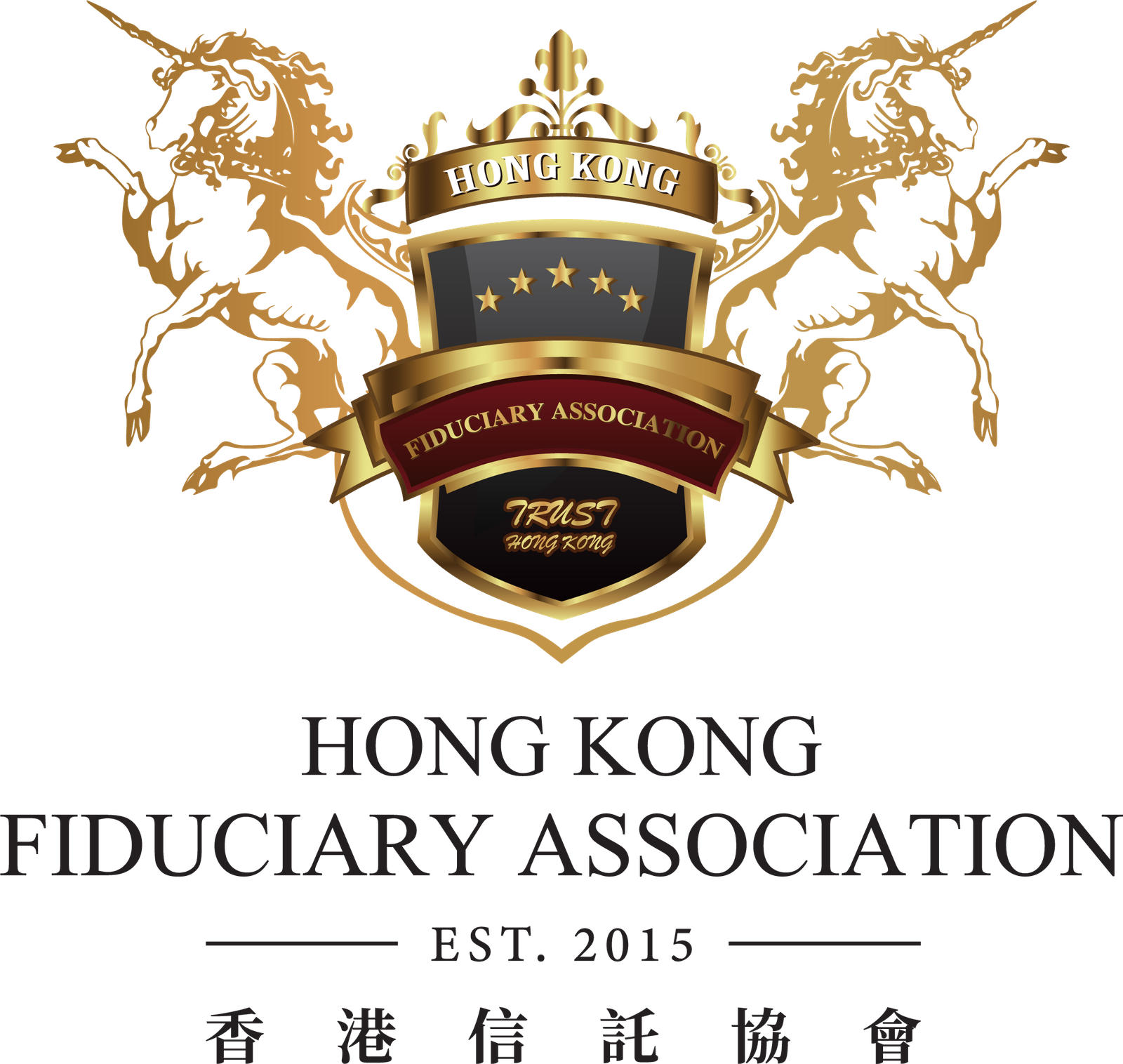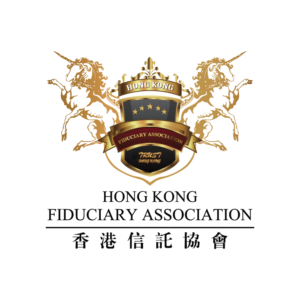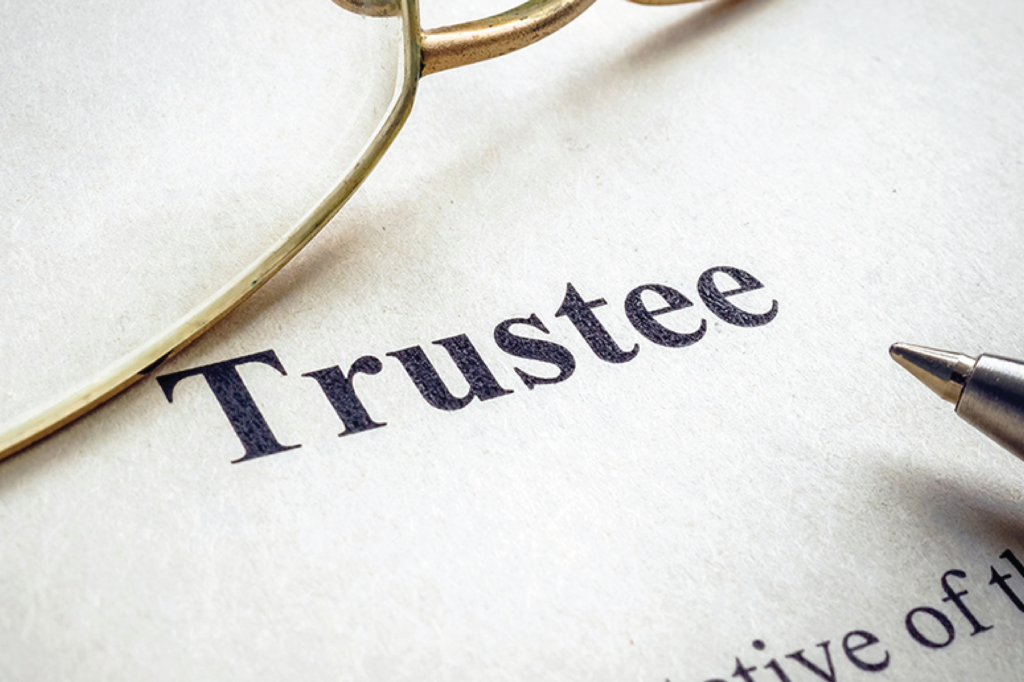Trustees at the Centre of Wealth Planning
Every trust is only as strong as the trustee who manages it. Trustees stand at the heart of wealth structures, transforming a trust deed into a living framework that protects assets, governs succession, and resolves disputes. For high-net-worth and ultra-high-net-worth families, trustees are not only custodians but also strategic partners.
Understanding trustee roles in wealth structures is therefore critical. The role is far more complex than safekeeping assets. It involves legal responsibilities, fiduciary duties, coordination of advisors, and decision-making across multiple jurisdictions.
Legal and Fiduciary Responsibilities
A trustee is bound by fiduciary duty. This means the trustee must always act in the best interests of the beneficiaries, regardless of personal interests. Breaching fiduciary duty can result in liability or removal.
Core legal responsibilities include:
Safeguarding trust property: ensuring all assets remain clearly within the trust.
Executing the trust deed: following terms exactly as written.
Impartiality: treating all beneficiaries fairly, even when their interests differ.
Accounting: keeping accurate records and reporting transparently.
In Hong Kong, trustees are regulated under the Trustee Ordinance and, if corporate, the Trust and Company Service Provider (TCSP) licensing regime. This ensures that they operate with accountability and professionalism.
Coordinating Advisors and Managing Assets
Trustees rarely act in isolation. Wealth planning involves banks, investment managers, accountants, tax advisors, and legal counsel. The trustee sits at the centre of this network, ensuring coordination and consistency.
Examples of coordination include:
Appointing and monitoring investment managers.
Working with accountants to prepare multi-jurisdictional filings.
Engaging lawyers to navigate regulatory issues.
Liaising with banks to maintain accounts securely.
By centralising control, trustees reduce fragmentation and align all advisors with the settlor’s objectives.
Managing Cross-Border Complexity
Global families often hold assets in multiple countries. Each jurisdiction has its own laws on taxation, inheritance, and property rights. Trustees must design structures that avoid conflicts and ensure enforceability across borders.
This requires:
Understanding forced heirship rules in civil law countries.
Navigating probate in jurisdictions where trusts are less common.
Mitigating double taxation by using treaties and structuring layers.
Balancing regulatory compliance with confidentiality.
The ability to manage cross-border complexity is one of the main reasons families choose professional trustees rather than individual relatives.
Trustees as Guardians Against Family Disputes
Even the wealthiest families experience disagreements. Sibling rivalries, divorces, or contested inheritances can threaten stability. Trustees act as neutral arbiters, applying the trust deed impartially to prevent disputes from escalating.
Examples of dispute management:
Enforcing staged distributions when heirs demand lump sums.
Preventing misuse of assets by withholding discretionary payments.
Mediating between beneficiaries while keeping legal obligations clear.
Trustees bring objectivity, ensuring the trust functions even when family harmony breaks down.
Safeguarding Wealth Across Generations
Trustees ensure that wealth is not only preserved but also directed according to long-term intentions. Unlike a will, which activates once, a trust can last across generations. Trustees enforce provisions for decades, ensuring continuity that aligns with the settlor’s vision.
For example:
Funding education for future generations.
Protecting family businesses by holding shares under controlled governance.
Allocating resources for philanthropy in perpetuity.
The trustee role therefore extends beyond administration. It is about carrying forward a legacy.
Trustees and Digital Assets
The rise of crypto and digital wealth has expanded trustee responsibilities. Digital assets present unique challenges: security of private keys, storage of NFTs, or staking of tokens. Trustees must adapt traditional duties to these modern realities.
Key considerations include:
Custody arrangements: using institutional-grade wallets.
Access protocols: defining multi-signature approval processes.
Succession triggers: enabling access after inactivity or incapacity.
Regulatory uncertainty: navigating jurisdictions that have yet to define digital ownership laws.
Families increasingly demand trustees who understand both traditional finance and digital ecosystems.
Corporate Trustees vs Individual Trustees
Another decision families face is whether to appoint an individual trustee (such as a family member) or a corporate trustee.
Individual trustees may provide personal knowledge but risk bias and lack professional expertise.
Corporate trustees, by contrast, bring infrastructure, licensing, and continuity, ensuring professional management that outlives any single person.
For international families, the trend has shifted strongly toward licensed corporate trustees for reliability and impartiality.
Choosing the Right Trustee
The choice of trustee is among the most important decisions in wealth planning. Criteria to consider include:
Experience: proven ability to manage complex, cross-border assets.
Independence: ability to act impartially between beneficiaries.
Infrastructure: access to advisors, systems, and compliance support.
Regulation: subject to licensing and professional oversight.
A poorly chosen trustee can undermine the entire purpose of a trust. A strong trustee ensures the plan survives challenges.
The Evolving Role of Trustees
The trustee role has shifted over time. Trustees are no longer passive custodians. They are expected to act strategically, manage diverse asset classes, and adapt to global regulatory change.
Modern trustees must be:
Legally knowledgeable.
Financially sophisticated.
Digitally competent.
Globally connected.
This evolution reflects the growing complexity of wealth itself.
Trustees as Strategic Partners
For families, the trustee is not only a fiduciary but also a strategic partner. They protect wealth, enforce succession, and maintain neutrality in disputes. In an era of cross-border mobility and digital innovation, their role is more important than ever.
Choosing the right trustee determines whether a wealth structure will endure, adapt, and protect a family legacy for generations.

 Chinese (Simplified)
Chinese (Simplified)




